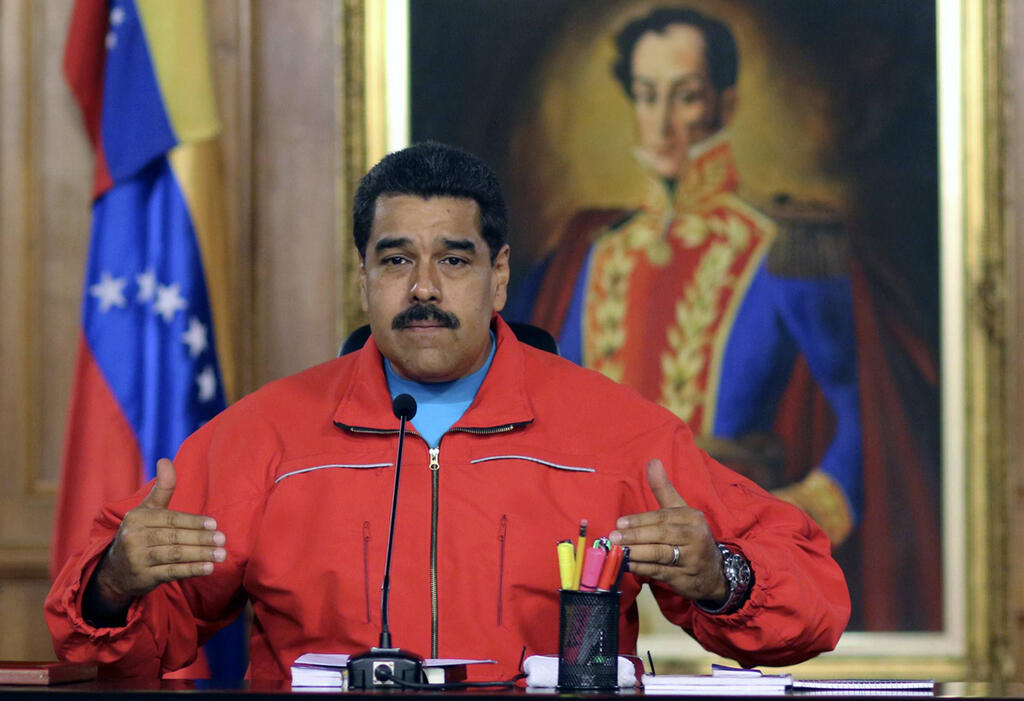Getting your Trinity Audio player ready...
Venezuelan President Nicolás Maduro declared an early Christmas celebration in the country, starting from October 1. The decision marks the earliest advance of Christmas, following a series of earlier shifts in previous years—November 1 in 2022, October 15 in 2020, and October 4 in 2021.
"I decree the beginning of a happy Christmas for the Venezuelan people. It will be the best one we've ever had," Maduro declared in an announcement.
The adjustments have been criticized as attempts to disperse opposition protests.
During the holiday season, the socialist government distributes food packages, including pork knuckles, to impoverished neighborhoods.
Maduro urged preparations for Christmas, and the Miraflores presidential palace was decorated with Christmas trees and ornaments, according to a report by Latin Times. The declaration is seen as part of Maduro's continuing efforts to maintain social morale amid ongoing political unrest.
The Venezuelan Episcopal Conference has been vocal in its criticism of this early celebration. Representatives of the Episcopal Conference stated, that "Christmas begins on December 25," warning that the holiday "should not be used for political or propaganda purposes."
Maduro's policies since 2020 have aimed to boost the economy and maintain social morale, often using themes like "food sovereignty" amid political turmoil, particularly during the COVID-19 pandemic.
José Ernesto Ruiz, a 57-year-old office worker in Caracas, cited by Politiken said "Christmas is supposed to be a time of joy... (But) without money and with this political crisis, who can believe that there will be an early Christmas?"
This decision comes amid a backdrop of substantial political challenges for Maduro. Thousands in Venezuela have been protesting against what is perceived as a manipulated reelection. In response to the unrest, Maduro has taken strict anti-protest measures, resulting in 27 reported deaths, nearly 200 injuries, and approximately 2,400 arrests.
Military officials involved in the brutal post-electoral crackdown, known as Operación Tun Tun, are expected to face sanctions, potentially targeting Foreign Minister Yván Gil.
Observers have reported no evidence of vote data corruption in the elections, but the opposition published vote-counting sheets indicating a potential defeat for Maduro.
The United States and several Latin American countries rejected the election results, demanding detailed voting data and asserting the results lacked transparency. "This is just another example of Maduro's efforts to maintain power by force and of his refusal to acknowledge that González received the most votes," John Kirby, spokesperson for the U.S. National Security Council, said.
This article was written in collaboration with Generative AI news company Alchemiq
Sources: Portal MyTex, Click, Jurnalul Naţional, Radio Santiago, Zeit Online, Haber7.com, Observator, Gazeta de Sud, Politiken, Latin Times.


